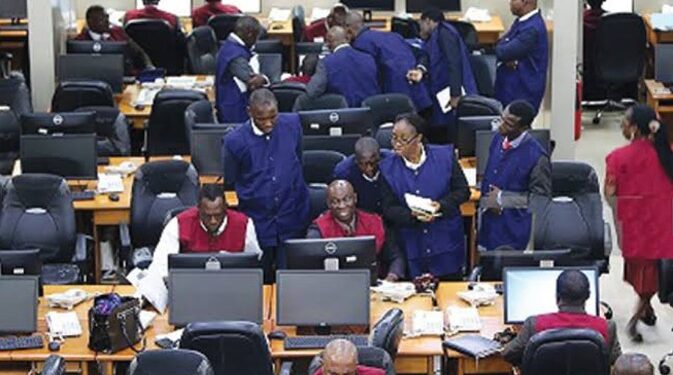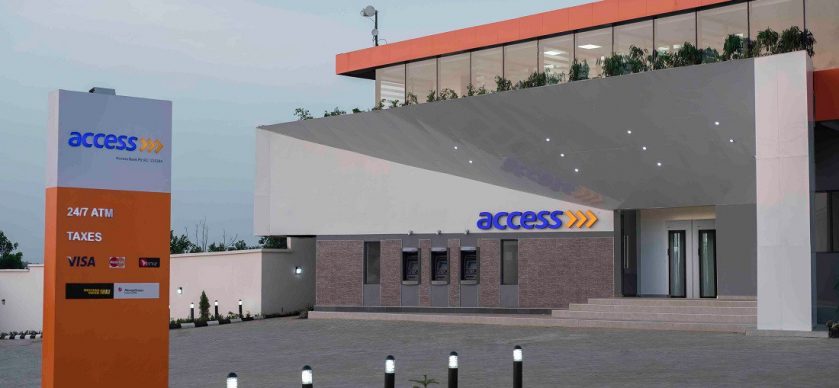Features
Inside Dangote’s N720bn Fuel Rollout: Trucks, Tech, and the Hidden Costs of Distribution

In a bold move reshaping Nigeria’s downstream oil sector, the Dangote Petroleum Refinery has announced it will bear over N1.07 trillion annually in logistics costs as part of a massive fuel distribution campaign. While this figure has dominated headlines, the true financial commitment behind this initiative spans far beyond transportation.
The refinery, which began operations at its 650,000-barrels-per-day facility in Lekki, has already committed N720 billion to deploy 4,000 Compressed Natural Gas (CNG)-powered trucks across the country. However, deeper analysis reveals that the real cost of this transformative effort includes infrastructure development, manpower, technology, regulatory compliance, environmental responsibility, and security investments.
Read Also:
- Dangote Packaging Expands Output, Eyes African Markets
- Dangote Refinery to Fuel New Industrial Growth Across Nigeria
Logistics alone takes the largest share, with the cost of fuel delivery pegged at an average of N45 per litre to meet Nigeria’s daily consumption of 65 million litres. This encompasses the procurement of trucks, their maintenance, fuel, driver wages, road tolls, insurance, and depreciation.
Beyond logistics, the refinery is investing an estimated N100 to N150 billion in physical infrastructure. This includes building CNG mother and daughter refilling stations nationwide, upgrading depots, setting up warehousing facilities, providing backup power systems, and ensuring trucks have safe parking bays and fueling points across the country.
Technology deployment is another cost centre, with an estimated N30 to N50 billion set aside for fleet tracking systems, fuel inventory management, digital transaction systems, and customer relationship platforms. Automation and security are essential to monitor fuel integrity, driver behaviour, and delivery timelines.
Manpower development and training are projected to cost about N20 billion annually. The initiative is expected to create over 15,000 direct jobs, including truck drivers, logistics managers, station attendants, and technicians. Dangote is also investing in the training and certification of staff to handle hazardous materials and maintain operational safety standards.
Regulatory compliance and insurance requirements will cost the company an estimated N15 to N25 billion annually. This includes acquiring necessary permits from the Nigerian Midstream and Downstream Petroleum Regulatory Authority, conducting safety audits, and ensuring environmental and health standards are met. The company also must insure its assets—trucks, depots, fuel cargo, and personnel—against operational risks.
Environmental sustainability is integral to the project. While the use of CNG trucks helps reduce emissions, it comes with its own costs. Dangote is expected to spend about N10 billion on carbon offset programmes, environmental impact assessments, and emissions control systems to meet sustainability goals.
Security and risk management are another significant expenditure. Nigeria’s fuel distribution sector is fraught with threats of vandalism, hijacking, and armed robbery, particularly in volatile regions. To secure its operations, Dangote may spend between N8 and N10 billion annually on private security personnel, escorts for convoys, surveillance systems, and insurance against cargo loss or damage.
Altogether, these combined expenses paint a clearer picture of what it takes to transform Nigeria’s petroleum supply chain. The direct-to-retail distribution model not only bypasses inefficient intermediaries but is also helping to restore dormant filling stations, reduce inflationary pressures, and ease the cost of doing business for over 42 million Micro, Small and Medium Enterprises (MSMEs).
Experts believe the long-term economic gains could outweigh the upfront costs. The Presidency and industry groups have praised the programme, calling it a turning point for Nigeria’s energy infrastructure. Economists like Bismarck Rewane argue that by reducing the role of middlemen and offering more uniform pricing across regions, Dangote is creating structural efficiency in a sector long plagued by waste and price manipulation.
With the first wave of distribution expected to begin by August 15, the true impact of this initiative will soon be tested. But one thing is clear: Dangote’s gamble is not just about trucks—it’s about rewriting the rules of Nigeria’s fuel economy.



